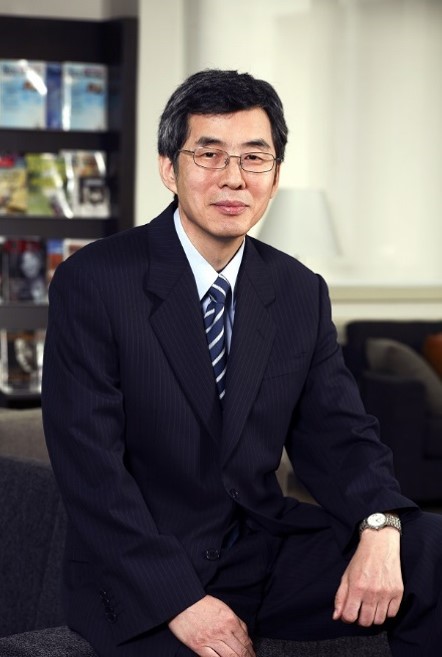people

Professor Minhi Hahn of the School of Management Engineering at the KAIST College of Business has been named the winner of the 22nd Sangnam Business Researcher Award. The Sangnam Award is the highest distinction made by the Korean Academic Society of Business Administration to recognize an outstanding scholar in the field of business & management for that year.
His research focuses on how marketing communication impacts customer choices and their satisfaction. Professor Hahn has served on the faculty of the College of Business since 1989, and has supervised more than 21 Ph.D.s and 203 master’s students while publishing more than 51 papers in domestic and foreign journals. He served as dean of the KAIST College of Business, president of the Korean Marketing Association, and president of the Korean Society of Consumer Studies. Currently Professor Hahn is a board member on the strategic committee of the College of Management at National Sun Yat-sen University in Taiwan.
Professor Hahn said, “I am pleased to receive this award on behalf of the people who are working for the development of Korean business administration. I will do my utmost to support younger scholars to continue their meaningful research." The award ceremony will take place at the Plaza Hotel in Seoul on February 23.
-
research KAIST Develops Retinal Therapy to Restore Lost Vision
Vision is one of the most crucial human senses, yet over 300 million people worldwide are at risk of vision loss due to various retinal diseases. While recent advancements in retinal disease treatments have successfully slowed disease progression, no effective therapy has been developed to restore already lost vision—until now. KAIST researchers have successfully developed a novel drug to restore vision. < Photo 1. (From left) Ph.D. candidate Museong Kim, Professor Jin Woo Kim, a
2025-03-31 -
research KAIST provides a comprehensive resource on microbial cell factories for sustainable chemical production
In silico analysis of five industrial microorganisms identifies optimal strains and metabolic engineering strategies for producing 235 valuable chemicals Climate change and the depletion of fossil fuels have raised the global need for sustainable chemical production. In response to these environmental challenges, microbial cell factories are gaining attention as eco-friendly platforms for producing chemicals using renewable resources, while metabolic engineering technologies to enhance these
2025-03-27 -
research KAIST Captures Protein Reaction in Just Six Milliseconds
Understanding biomolecular processes - such as protein-protein interactions and enzyme-substrate reactions that occur on the microseconds to millisecond time scale is essential for comprehending life processes and advancing drug development. KAIST researchers have developed a method for freezing and analyzing biochemical reaction dynamics within a span of just a few milliseconds, marking a significant step forward in better understanding complex biological reactions. < Photo. (From left)
2025-03-24 -
research KAIST Develops Eco-Friendly, Nylon-Like Plastic Using Microorganisms
Poly(ester amide) amide is a next-generation material that combines the advantages of PET (polyester) and nylon (polyamide), two widely used plastics. However, it could only be produced from fossil fuels, which posed environmental concerns. Using microorganisms, KAIST researchers have successfully developed a new bio-based plastic to replace conventional plastic. KAIST (represented by President Kwang Hyung Lee) announced on the 20th of March that a research team led by Distinguished Professor
2025-03-24 -
research KAIST Captures Hot Holes: A Breakthrough in Light-to-Electricity Energy Conversion
When light interacts with metallic nanostructures, it instantaneously generates plasmonic hot carriers, which serve as key intermediates for converting optical energy into high-value energy sources such as electricity and chemical energy. Among these, hot holes play a crucial role in enhancing photoelectrochemical reactions. However, they thermally dissipate within picoseconds (trillionths of a second), making practical applications challenging. Now, a Korean research team has successfully devel
2025-03-17